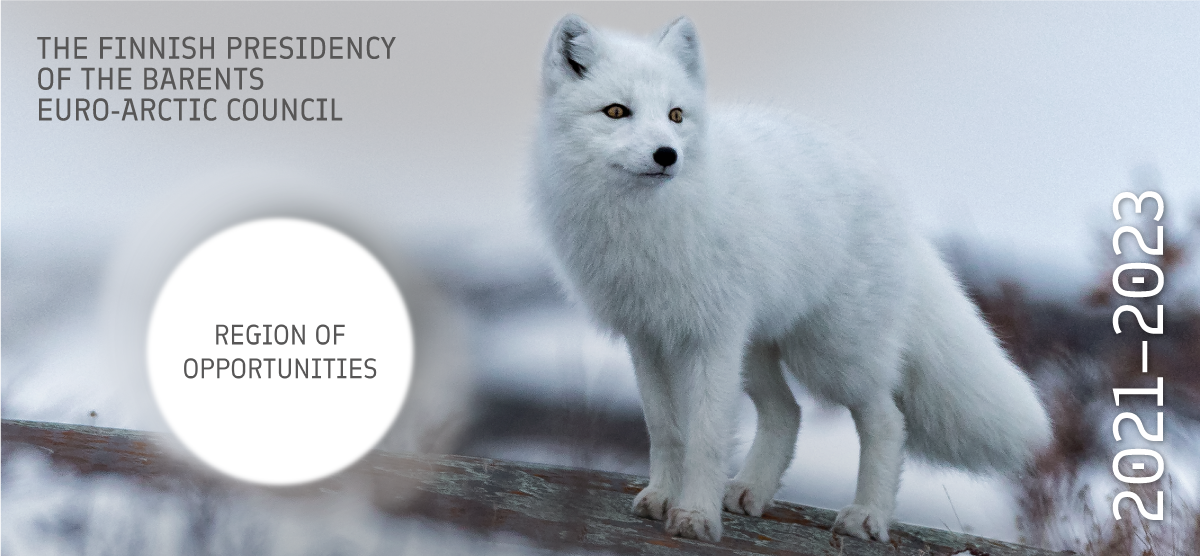NordenBladet — The low employment rate of people with impaired capacity to work is a common problem in the Nordic countries. However, a new kind of intermediate labour market, a social economy and social entrepreneurship can offer solutions that improve the employment of people with impaired capacity to work.These issues will be explored at Promoting Employment for People with Disabilities, a virtual Nordic conference to be held on Thursday 9 December at 10.00–16.30.The event will provide an opportunity to hear inspiring examples, experiences, new perspectives and practical solutions to the employment problems of people with impaired capacity to work. Representatives from business and industry, public administration and organisations from Finland and the other Nordic countries will speak at the event. Other topics on the agenda include the European Commission’s new Social Economy Action Plan and the Swedish Samhall company, which employs people with impaired capacity to work. Samhall has served as a model for the Finnish Työkanava Oy, on which Parliament is currently debating a legislative proposal.The event will be opened by Hanna Sarkkinen, Minister of Social Affairs and Health, and the closing words will be given by Ville Kopra, State Secretary at the Ministry of Economic Affairs and Employment.The conference is one of the working life events organised during Finland’s Presidency of the Nordic Council of Ministers. The Ministry of Economic Affairs and Employment and the Ministry of Social Affairs and Health have organised the conference. The event will be held in English. Speech-to-text interpretation will be available. The hashtags for the event on social media are #Norden2021 and #TheNordicsTogetherRead more about the conference and register for it: Promoting Employment for People with Disabilities (sourcehub.fi)
Source: Valtioneuvosto.fi

